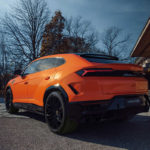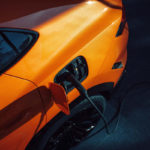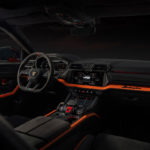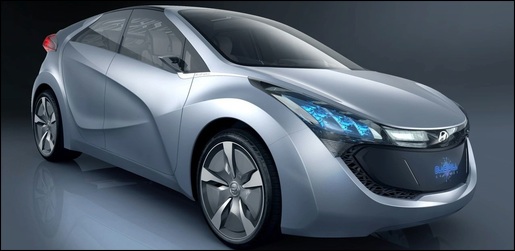
Hyundai heeft zijn concurrent klaar voor de Toyota Prius, de plug-in hybride zal voorgesteld worden op het autosalon van Seoul.
De BLUE-WILL Concept beschikt over een 1.6 liter benzinemotor die samenwerkt met een elektromotor van 100 kW die gekoppeld is aan Lithium-Ion batterijen van LG. Het batterijpakket en de brandstoftank zitten onder de achterzetels.
Het design van de BLUE-WILL is zeer futuristisch en heeft iets weg van een vis, de conceptwagen beschikt over een panoramisch dak met ingebouwde zonnecellen. Deze zonnecellen laden de batterijen op, het is nog onduidelijk of er ook gebruik zal gemaakt worden van een regeneratief remsysteem. De BLUE-WILL is daarnaast ook gebouwd met gerecycleerde materialen en maakt gebruik van “Bio-plastic”, een biologisch afbreekbaar soort plastic.
De Hyundai BLUE-WILL zal voorgesteld worden op het autosalon van Seoul op 2 April, dan verwachten we meer informatie over deze Prius-killer.


BLUE-WILL – Hyundai charges in with advanced hybrid concept
- All-new concept car to be unveiled at Seoul Show
- Lithium-Ion batteries and a 1.6-litre direct-injection petrol engine
- Solar panels boost battery range
Hyundai has revealed the first pictures of an innovative plug-in hybrid concept car. Due to be revealed at the Seoul Motor Show which opens on April 2nd, the “BLUE-WILL”, has exceptionally advanced technology crammed inside its striking bodyshell.
Recycled PET soft drink bottles were used to make the material for the headlamp bezels while use has also been made of bio-plastics: PLA for the interior while PA11 was specified for the engine cover. These materials are made from plants extract rather than fossil fuels and are bio-degradable.
The BLUE-WILL concept is powered by an all-aluminium Gasoline Direct Injected 1.6-litre engine which is coupled to a Continuously Variable Transmission and a 100kw electric motor which is at the heart of Hyundai’s parallel hybrid drive architecture.
Electric power, stored by a Lithium Ion Polymer battery pack, is neatly bundled with the fuel tank under the rear seat to maximise luggage space.
Hyundai will be the first automaker in the world to apply Lithium Ion Polymer in a mass production vehicle when the Elantra LPI Hybrid goes on sale in Korea in July this year.
A further expression of the concept’s design flexibility is found on the panoramic roof. The glass area integrates dye-sensitized solar cells which can generate power for the batteries from the sun without impeding visibility.
Further details of the concept will be revealed at a press conference on Hyundai’s stand at the Seoul show.

 De hippe Audi Q8 TFSI e plug-in hybride uitvoeringen worden krachtiger, krijgen een grotere batterij en halen dus meer rijbereik. Net zoals de technisch gerelateerde Q7 TFSI e SUV PHEV!
Recentelijk kregen zowel de
De hippe Audi Q8 TFSI e plug-in hybride uitvoeringen worden krachtiger, krijgen een grotere batterij en halen dus meer rijbereik. Net zoals de technisch gerelateerde Q7 TFSI e SUV PHEV!
Recentelijk kregen zowel de 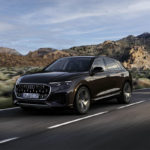
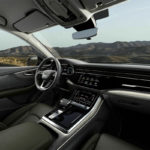
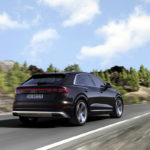
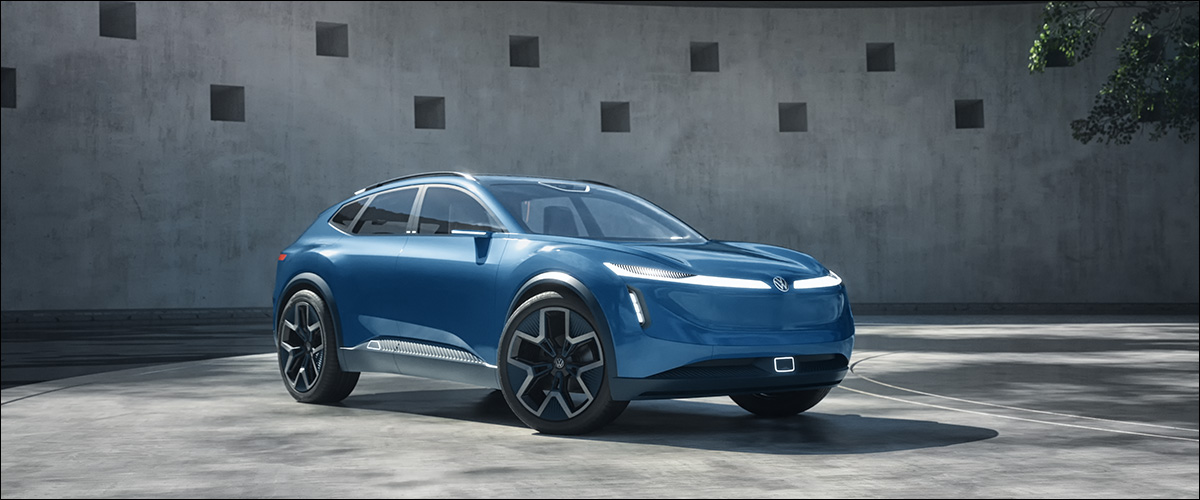 Met de futuristische ID Code Concept wil Volkswagen haar Chinese klanten enthousiasmeren met een fris design, innovatieve technologieën en snelle ontwikkeling.
Op de Auto China 2024 (lees: Autosalon van Shanghai) toont Volkswagen met enige fierheid de knappe ID Code Concept. Met deze design-showauto gunt VW een glimp van een nieuwe designtaal en technologiestandaard voor toekomstige VW modellen in China. Kwestie van het (gigantische) economische potentieel van deze markt naar waarde te schatten…
Met een aangescherpte merkbeleving wil Volkswagen – na reeds 40 jaar Chinese aanwezigheid – proberen om nieuwe klantengroepen aan te boren. Zo lanceren ze hier spoedig het elektrische ID UX submerk waarmee ze mikken op jongere klanten. Daarvoor zullen ze inzetten op hippe maar vooral volledig elektrische en “lifestylegeoriënteerde” modellen! Inderdaad, zoals de
Met de futuristische ID Code Concept wil Volkswagen haar Chinese klanten enthousiasmeren met een fris design, innovatieve technologieën en snelle ontwikkeling.
Op de Auto China 2024 (lees: Autosalon van Shanghai) toont Volkswagen met enige fierheid de knappe ID Code Concept. Met deze design-showauto gunt VW een glimp van een nieuwe designtaal en technologiestandaard voor toekomstige VW modellen in China. Kwestie van het (gigantische) economische potentieel van deze markt naar waarde te schatten…
Met een aangescherpte merkbeleving wil Volkswagen – na reeds 40 jaar Chinese aanwezigheid – proberen om nieuwe klantengroepen aan te boren. Zo lanceren ze hier spoedig het elektrische ID UX submerk waarmee ze mikken op jongere klanten. Daarvoor zullen ze inzetten op hippe maar vooral volledig elektrische en “lifestylegeoriënteerde” modellen! Inderdaad, zoals de 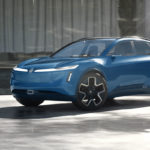
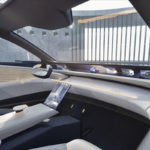
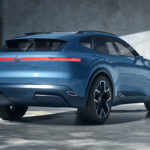
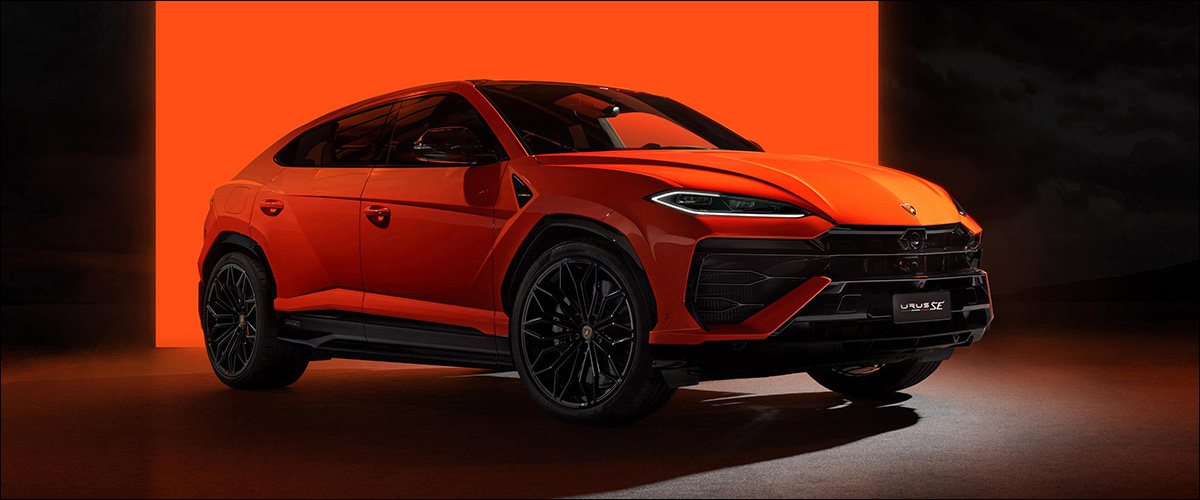 De gloednieuwe Lamborghini Urus SE plug-in hybride wil naast functioneel en performant ook graag zuinig en milieuvriendelijk zijn.
De Lamborghini Urus is een
De gloednieuwe Lamborghini Urus SE plug-in hybride wil naast functioneel en performant ook graag zuinig en milieuvriendelijk zijn.
De Lamborghini Urus is een 
